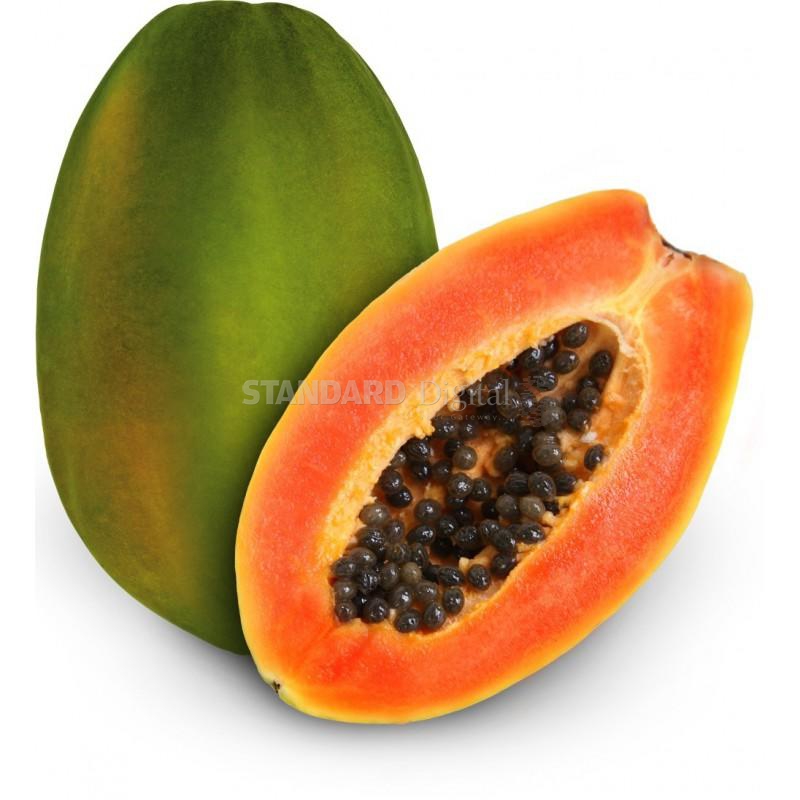×
The Standard e-Paper
Kenya’s Boldest Voice

Porridge fortified with papaya seeds could soon replace commercial deworming drugs for children. Kemri researchers, in a study involving 300 school children in Nandi County, fed 100 of them on papaya seed fortified porridge daily for two months.